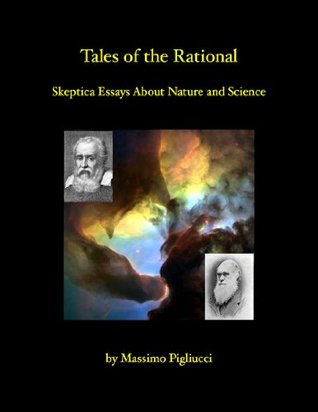More on this book
Kindle Notes & Highlights
Read between
January 25 - February 9, 2018
Essentially, we can think of complexity theory as an attempt to study systems that satisfy two conditions: 1) they are made of many interacting parts, and 2) the interactions result in emergent properties that are not immediately reducible to a simple sum of the properties of the individual components.
As fellow freethinker David Schaefer pointed out, critical thinking is founded on three ways of knowing: empiricism, rationalism, and skepticism.
In modern science, empiricism and rationalism –once philosophical foes – are two essential players of the scientific method, continuously informing each other in an endless dialectical interaction.
A reasonable person, therefore, will approach any problem, not just scientific ones, with a healthy dose of empiricism (you want to know the facts), rationalism (you want to think about such facts in a logical way), and skepticism (you want to avoid being too gullible).
The idea is that skepticism should not simply be a negative position, but one of active investigation: a true skeptic is someone who does not believe until the evidence is favorable enough, but who actively searches for such evidence before rejecting a new idea.


